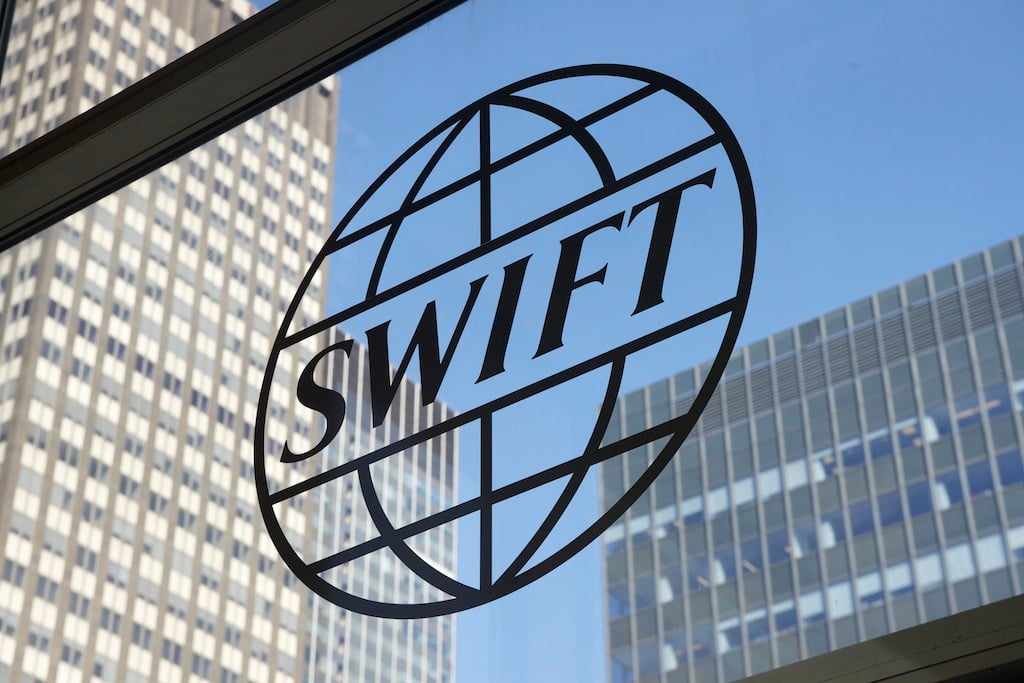SWIFT and Major Banks Explore Blockchain Payments on Linea

SWIFT, the global financial messaging network, is preparing a pilot program with more than a dozen leading banks to explore blockchain-based payments and messaging on Linea, an Ethereum Layer-2 network developed by ConsenSys. The initiative, described as a multi-month experiment, could mark one of the most significant steps yet in adapting traditional banking infrastructure to blockchain technology. Industry analysts note that this move could redefine how cross-border payments, settlements, and financial messaging systems operate in a tokenized economy.
Banks join blockchain pilot
Reports indicate that global institutions including BNP Paribas and BNY Mellon are among the participants in the Linea pilot. The program is designed to test how SWIFT’s interbank messaging services could operate within an on-chain environment, leveraging Linea’s zero-knowledge cryptography to maintain the confidentiality and regulatory compliance critical to international transactions.
The pilot will examine both messaging and potential settlement functions, raising the possibility that key banking processes may one day migrate to blockchain-based systems. Market observers emphasize that this development comes at a time when financial institutions are intensifying their exploration of tokenized deposits, digital currencies, and stablecoins. If successful, the trial could pave the way for a hybrid model where traditional financial messaging coexists with blockchain-enabled settlements.
Participating banks are expected to share insights from the experiment, offering regulators and policymakers a clearer view of how blockchain technology might integrate into existing financial systems. This could also influence the broader adoption of distributed ledger technology across capital markets and international banking.
Implications for global payments
While the pilot does not represent an immediate migration of SWIFT’s infrastructure, it underscores the growing pressure on the organization to modernize. Competitors such as Ripple and other blockchain-native payment networks have positioned themselves as faster, cheaper, and more transparent alternatives for cross-border transfers. By testing on Linea, SWIFT appears to be taking a proactive stance in evaluating how decentralized technologies could enhance its role in global finance.
Adopting zero-knowledge technology could help reconcile the transparency of public blockchains with the strict privacy and compliance requirements of the banking sector. Analysts suggest this could provide a critical bridge between traditional finance and decentralized networks, ensuring that sensitive transaction data remains secure while still benefiting from blockchain’s efficiency and auditability.
However, the scope of the pilot remains limited, with significant questions still unanswered. These include regulatory acceptance across jurisdictions, the technical scalability of blockchain systems to handle global transaction volumes, and the challenges of integrating with legacy infrastructure that underpins trillions of dollars in daily payments.
The outcome of the trial will likely influence how quickly major banks embrace blockchain-based payment solutions, as well as SWIFT’s ability to maintain its central role in the evolving financial landscape. As tokenization, digital assets, and on-chain settlement gain momentum, the Linea pilot represents a crucial step in determining whether blockchain can meet the demands of one of the most complex and heavily regulated industries in the world.
At a time when blockchain adoption is accelerating across multiple sectors, SWIFT’s engagement with Linea positions it at the forefront of innovation. Whether the pilot leads to widespread transformation or remains a controlled experiment, it sends a clear signal that blockchain is no longer peripheral—it is becoming central to the conversation about the future of payments.

